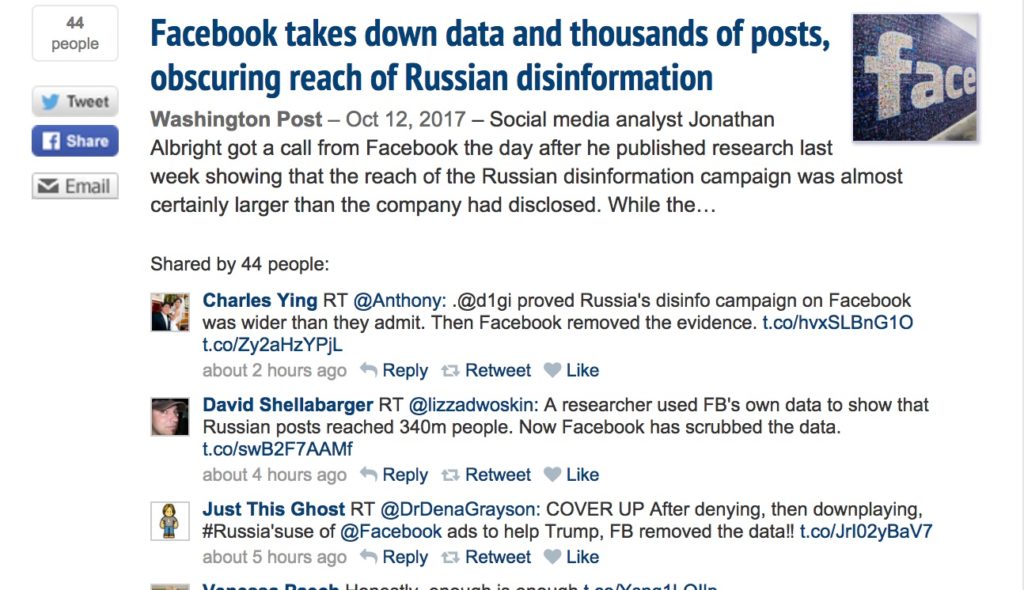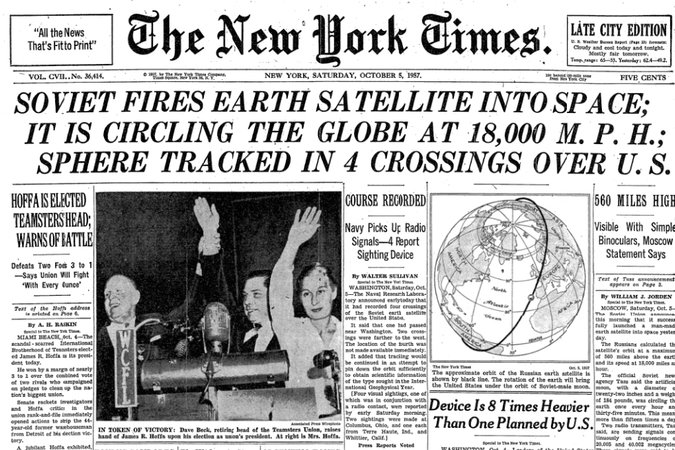It all came from a list he maintained on the blackboard in his office under the heading: “Dumb Stuff People Do”. Eshe Nelson has a nice piece in Quartz which summarises some of them. They include:
• The endowment effect — the theory that people value things more highly when they own them. In other words, you’d ask for more money for selling something that you own than what you would be willing to pay to buy the same thing
• Loss aversion. “People experience the negative feeling of loss more strongly than they feel the positive sense of a gain of the same size.“
• Anchoring. “If you are selling an item, your reference point is most likely to be the price you paid for something. Even if the value of that item is now demonstrably worth less, you are anchored to the purchase price, in part because you want to avoid that sense of loss. This can lead to pain in financial markets, in particular.”
• Planning vs doing. The internal struggle between your planning self and doing self. One way to avoid this conflict is to remove short-term courses of actions. Goes against the traditional economic notion that more choices are always better.
• Nudges. “Thaler and Sunstein pioneered the idea of using nudges to create alternative courses of actions that promote good long-term decision making but maintain freedom of choice. One method of doing this they found is simply changing the default option—switching users from opt-in to opt-out, for example. “ (Piece includes interesting map of the world showing countries where nudging has become government policy.). The overall philosophy is: if you want people to do something, make it easy to do. Internet companies have become very rich by understanding this.
• The availability heuristic. “People are inclined to make decisions based on how readily available information is to them. If you can easily recall something, you are likely to rely more on this information than other facts or observations. This means judgements tend to be heavily weighted on the most recent piece of information received or the simplest thing to recall.” So if you’ve been to a store that had a few spectacularly low-priced items you’re inclined to think that it is, in general, a low-priced store.
• Status-quo bias. “Most people are likely to stick with the status quo even if there are big gains to be made from a change that involves just a small cost. In particular, this is one of the implications of loss aversion. That’s why a nudge, such as changing the default option on a contract, can be so effective. Thaler’s research on pension programs shows that while employees can choose to opt-out of a plan, the status quo bias means once they are in it, they are actually more likely to stay put.”
In a way — as the FT points out — Thaler’s biggest contribution was in persuading the economics profession that behavioural traits ought to be included in economic theory and practice. “If economics does develop along these lines”, he wrote, “the term ‘behavioral economics’ will eventually disappear from our lexicon. All economics will be as behavioral as the topic requires.”
Asked how he proposed to spend the money, he replied “as irrationally as possible”.


